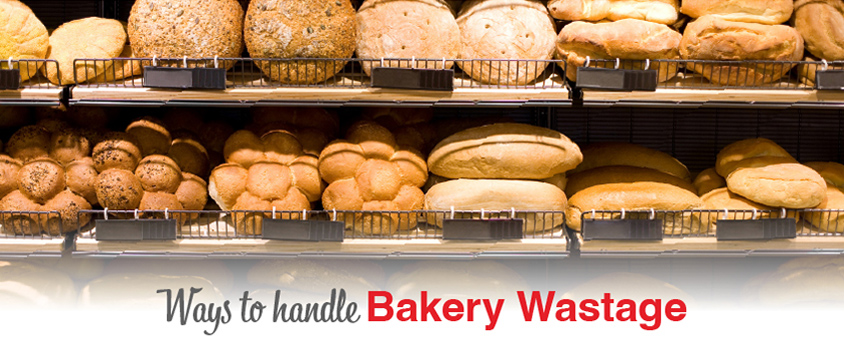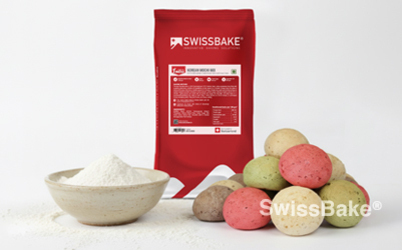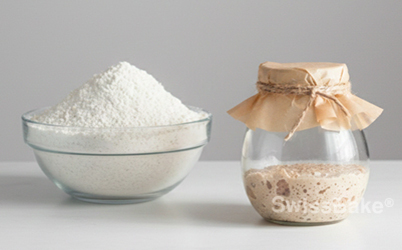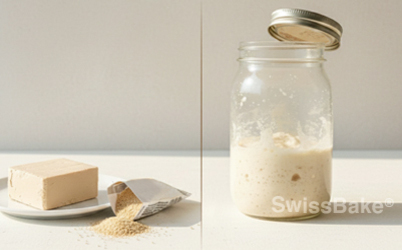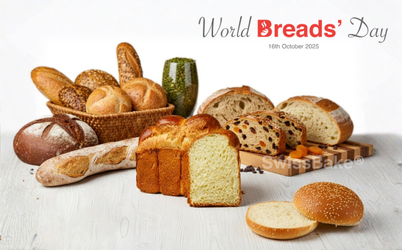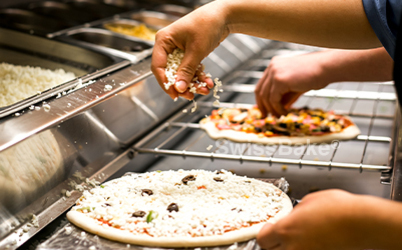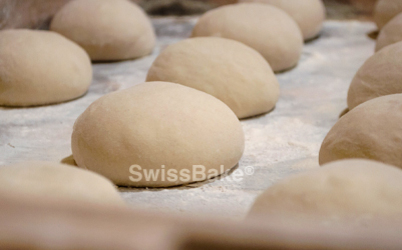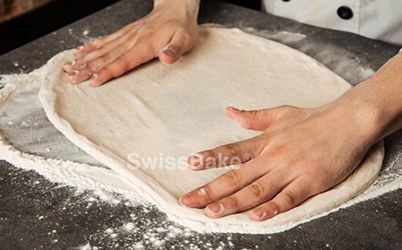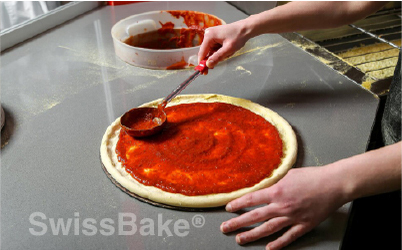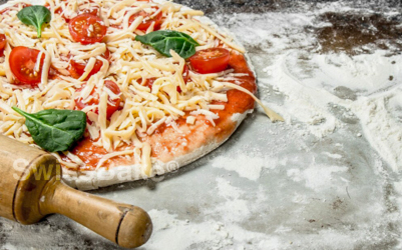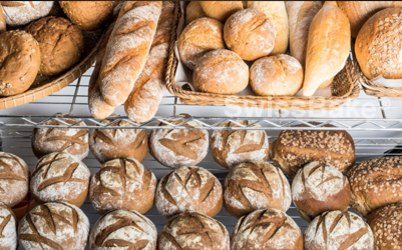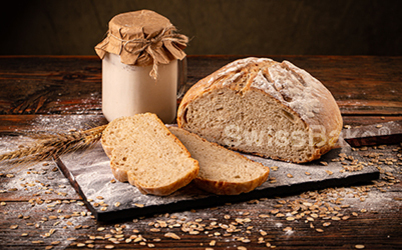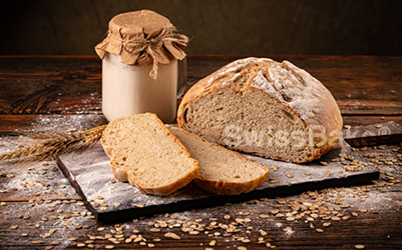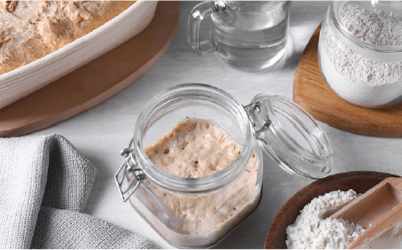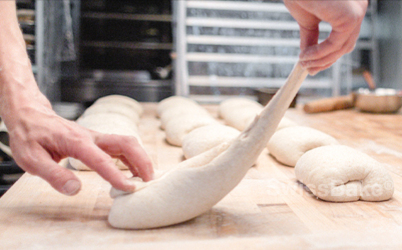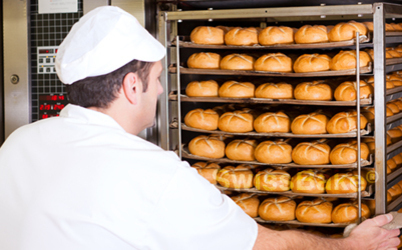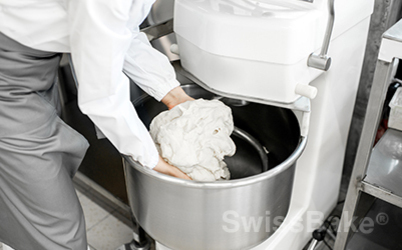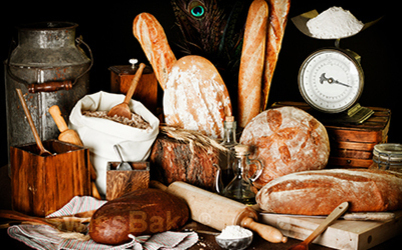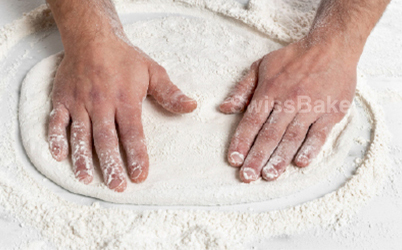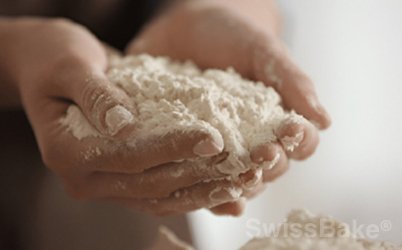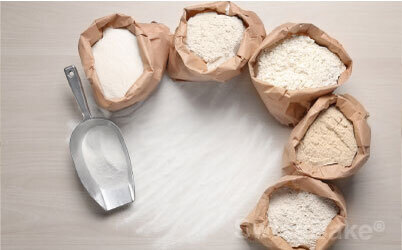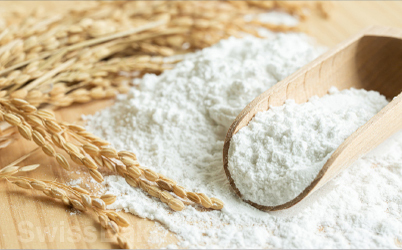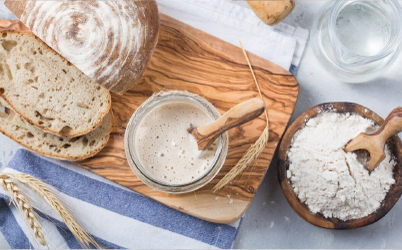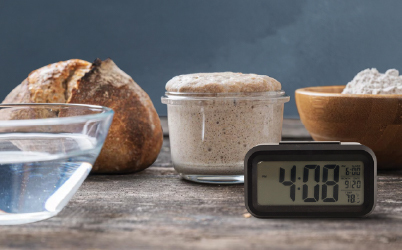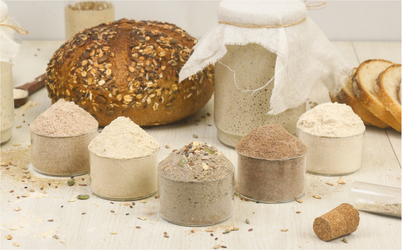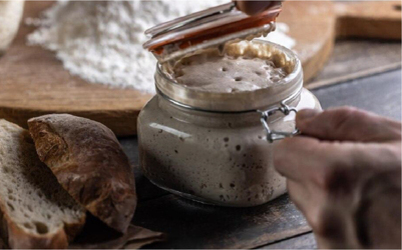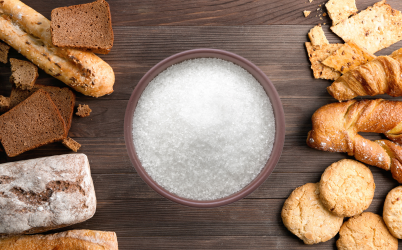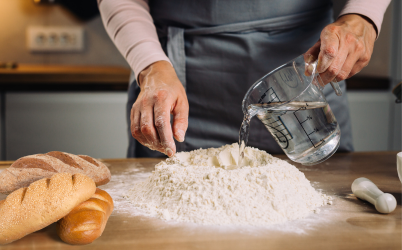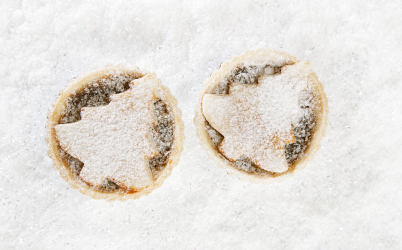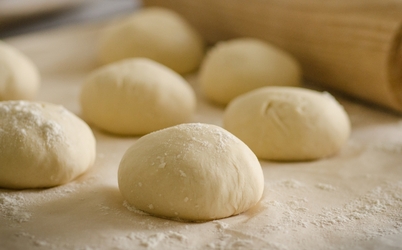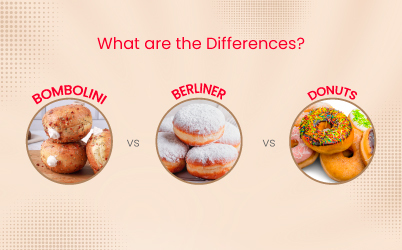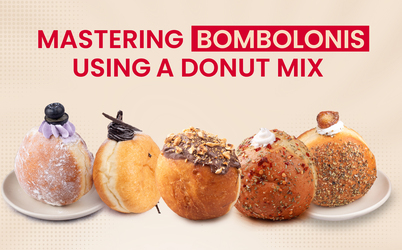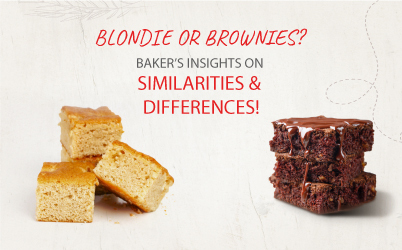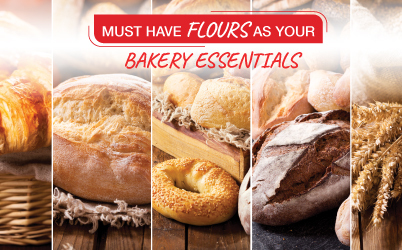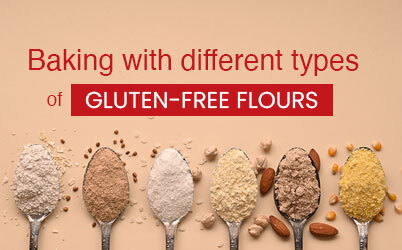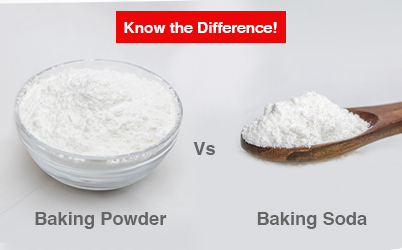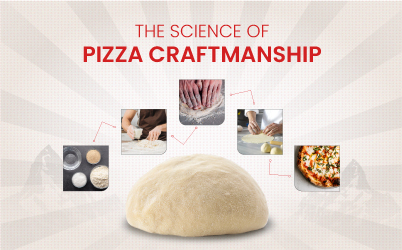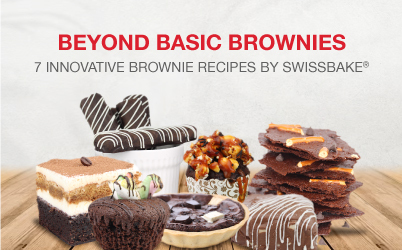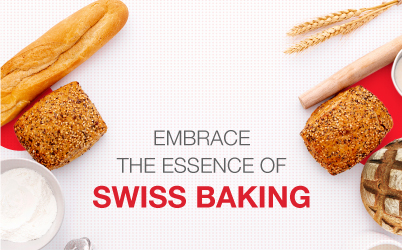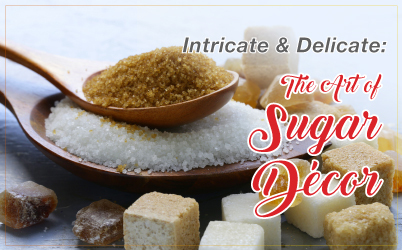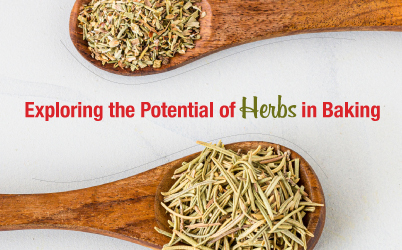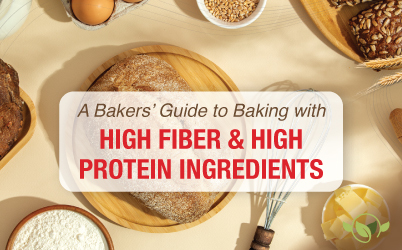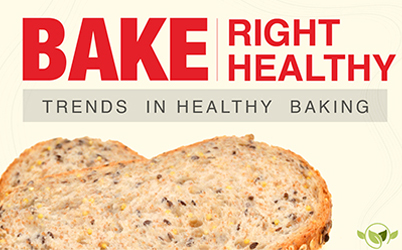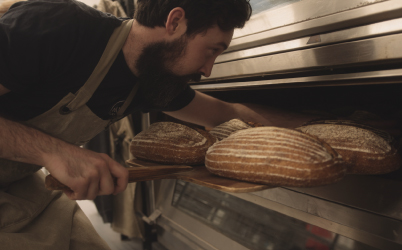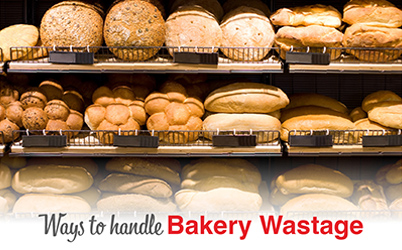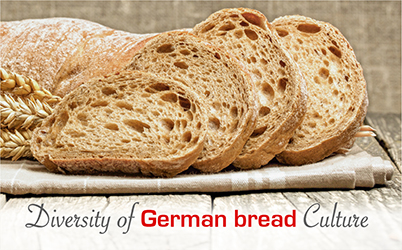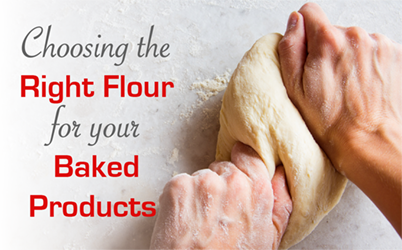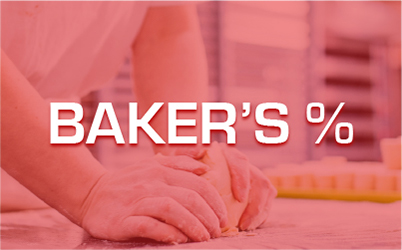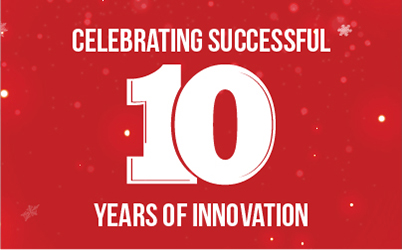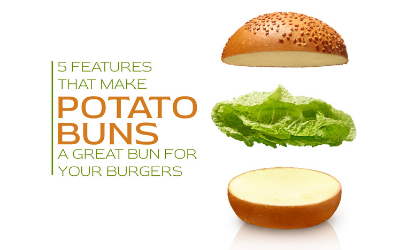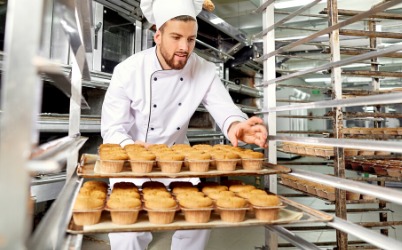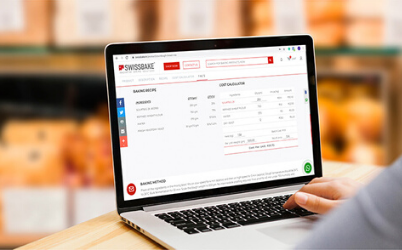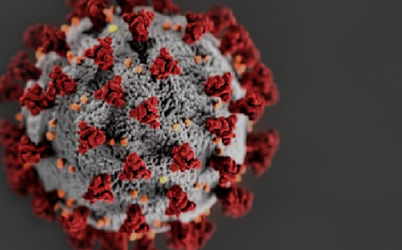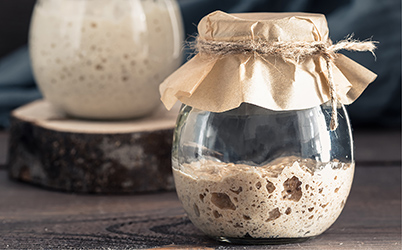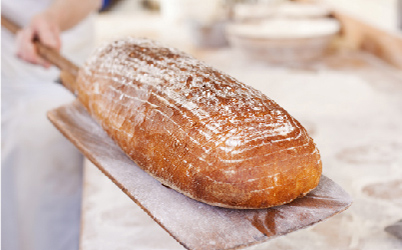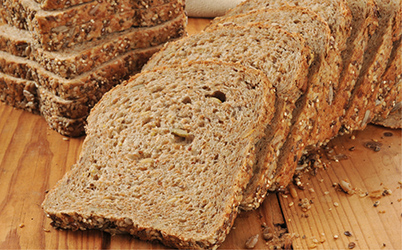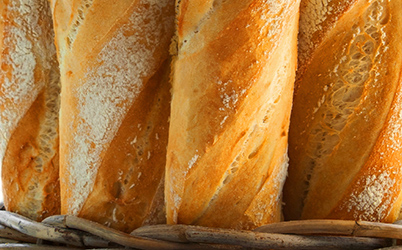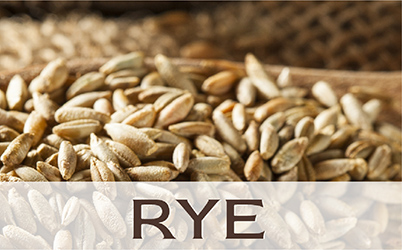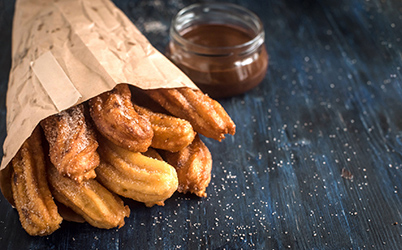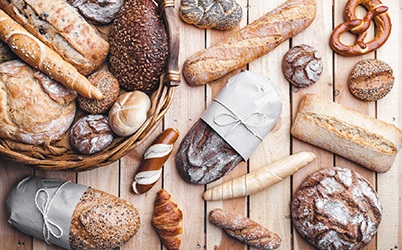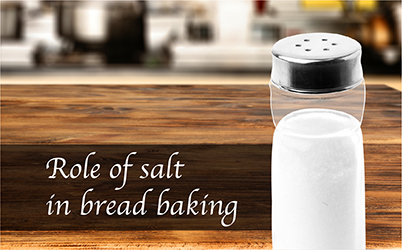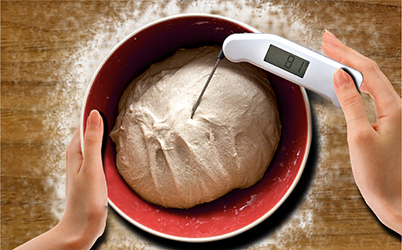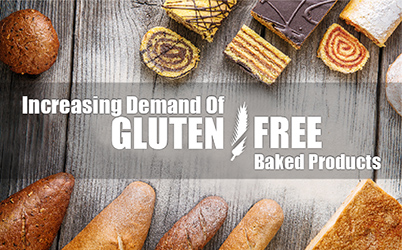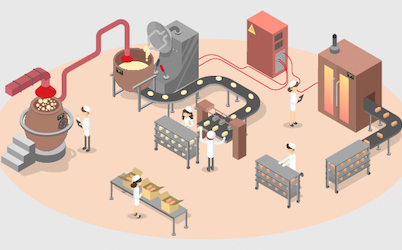Ways to Handle Bakery Wastage with SwissBake® Solutions
- The global pâtisserie & bakery industry is massive and varies greatly from region to region in terms of production scale, process and growth. As massive as it is in scale, so is the scale of bakery wastage generated by this industry daily. Management of the wastage is necessary and crucial not only from a standpoint of saving the environment but largely for better profitability.
There are several reasons which lead to generation of waste in a professional bakery setting:
- Overproduction: This occurs when bakers produce more baked goods than are needed or can be sold, resulting in surplus products that must be thrown away.
- Spoilage & Damage during Storage: This occurs when baked goods are not stored in appropriate conditions or handled improperly, resulting in quick deterioration of quality leading to wastage.
- Surplus & scraps: These include the excess wet ingredients, dough, batters, and trimmings that are generated during the baking process and are typically discarded.
- Outdated or expired products: Baked goods that are not sold before their expiration date must be thrown away, resulting in food waste.
- Unused ingredients: Ingredients that are not used in the production process can go to waste, such as unused eggs, milk, butter or other perishable items.
- Equipment failure: Breakdown of equipment can lead to wastage of ingredients, batter, dough and also time.
- Inefficiency in production process: Inefficiency in production process can lead to improper end products as well as wastage of ingredients, efforts, energy and time.
- Improper packaging: Improper packaging can lead to spoilage of baked goods and wastage of food as well as unused or spoiled cardboard, boxes and other plastic materials used
- Kitchen equipment & utensils: old, broken or damaged utensils and equipment are also a part of bakery wastage
Reducing bakery waste can be achieved through careful planning and scheduling of production, proper storage and handling of ingredients & products, and regular monitoring of inventory to ensure that products are sold before they expire. Implementing effective waste management strategies can help save money and resources for a bakery business.
- Proper storage and handling: properly packing & storing ingredients and finished products can help extend their shelf life and reduce spoilage.
- Use of leftovers: utilizing leftover ingredients and other excess products in other recipes can help reduce waste; utilizing breads into breadcrumbs, cake pieces in puddings or trifles, freezing fruit gels & chocolate
- Donating leftovers and unsold products to NGOs, or local charities is a humble gesture or collaborating with influencers or blogger or food critics can also be a smart move to not only minimize the waste but also to promote brand awareness
- Staff education & employee training: educating & training employees on the correct storage, management, and manufacturing processes can help lower waste.
- Measuring and tracking waste: measuring, monitoring, quantifying and tracking waste can help identify areas where improvements can be made and help to set goals for waste reduction.
- Re-sell ingredients or products at a lower or discounted price before they are spoilt or have been expired.
- Maintaining your bakery equipment to avoid malfunctions, breakdowns and food waste. Defective ovens, for example, might result in undercooked or overdone baked items that are unsellable, so guarantee adequate maintenance and regular inspections.
- Contribute by using leftovers and surplus ingredients or products into animal feeding programmes that initiate to feed animals
- Saving money – Bakers may save on supplies, labour, and disposal expenses by lowering the quantity of food that is thrown out.
- Increasing efficiency – Bakers may enhance their entire operations by better controlling their inventories and output.
- Environmental benefit – Reducing food waste can aid in lowering greenhouse gas emissions, resource conservation, and sustainable management.
- Community service – Bakers may benefit their community by giving out extra food to people or animals or charities in need.

